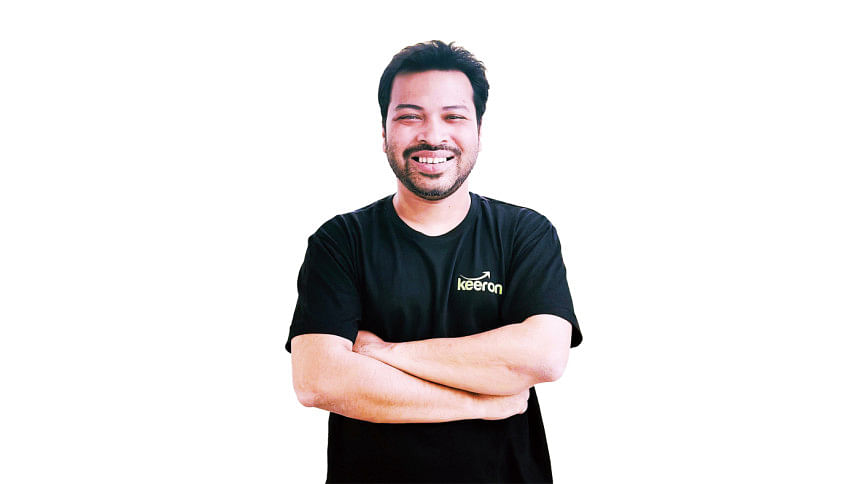China: From copycat to innovator

I have just wrapped up an extraordinary week in Shenzhen and Guangzhou as part of the study tour to China, organised by the Stars Foundation, Switzerland. This dynamic programme brought together a vibrant group of global leaders and offered an amazing opportunity to learn directly from international champions, unicorns, and start-ups.
From autonomous vehicles to AI-powered cityscapes and sustainable technology, the tour provided on-the-ground insights into the state of China's economy and the opportunities it presents for foreign businesses.
Beyond the technological marvels, what stood out to me was China's structured, intentional approach to encouraging innovation. As I return inspired, I would like to share a few key learnings from this journey that may be useful not only for businesses but also for policymakers, educators, and entrepreneurs.
The days when China was merely replicating Western technology are over. Today, homegrown giants are setting global benchmarks in AI, electric vehicles, and quantum computing. This shift from imitation to invention is no accident; it is the result of strategic investment in research and development, education, and talent cultivation.
China's evolution offers a model for any country aiming for long-term competitiveness. Moving from dependency to originality demands deep investment in STEM education and high-tech research.
The innovation boom in China is not only market-driven but also policy-led. Government support through subsidies, tax benefits, R&D incentives, and infrastructure development has played a vital role in transforming ideas into scalable businesses. Programmes such as "Made in China 2025" and state-backed venture capital funds ensure breakthroughs in AI, 5G, and green energy lead to commercial success. Effective innovation requires public-private synergy, and governments must create enabling environments through funding, regulatory sandboxes, and research grants to drive technological progress.
Cities such as Shenzhen, Shanghai, and Beijing have become innovation hubs by concentrating talent, capital, and infrastructure in one place. Shenzhen's transformation from a fishing village into a global tech powerhouse is an example of how geography-based strategy and urban clustering can catalyse innovation.
Entrepreneurs in China are moving fast, experimenting boldly, and scaling globally. A lack of fear around failure, coupled with a massive domestic market to test ideas, allows companies to iterate rapidly. This bold, risk-taking mindset is valuable for anyone navigating fast-changing business environments or aiming to use local markets as testing grounds before international expansion. To encourage this culture, companies must invest in the right talent. China is placing strong emphasis on producing experts in AI, engineering, science, and R&D.
Chinese firms are no longer only competing globally; they are collaborating as well, partnering with Western companies, co-investing, and sharing knowledge. This shift from zero-sum rivalry to shared innovation is reshaping the idea of globalisation. Large companies are now engaged in joint research, co-developing products, and investing in global ventures.
The future belongs to cross-border alliances. Nations and businesses alike can learn from China the value of seeking strategic partnerships over adversarial competition.
One of China's greatest advantages is its ability to deploy innovation at scale and speed. Whether it is electric vehicle adoption, AI integration, or smart city infrastructure, execution velocity sets Chinese firms apart.
From Chinese companies, I have learnt that innovation is not just about ideas. It is about how quickly and efficiently they are executed. That means streamlining regulatory processes, supply chains, and market strategies to stay ahead.
The writer is the chief business officer at The Daily Star.

 For all latest news, follow The Daily Star's Google News channel.
For all latest news, follow The Daily Star's Google News channel. 








Comments